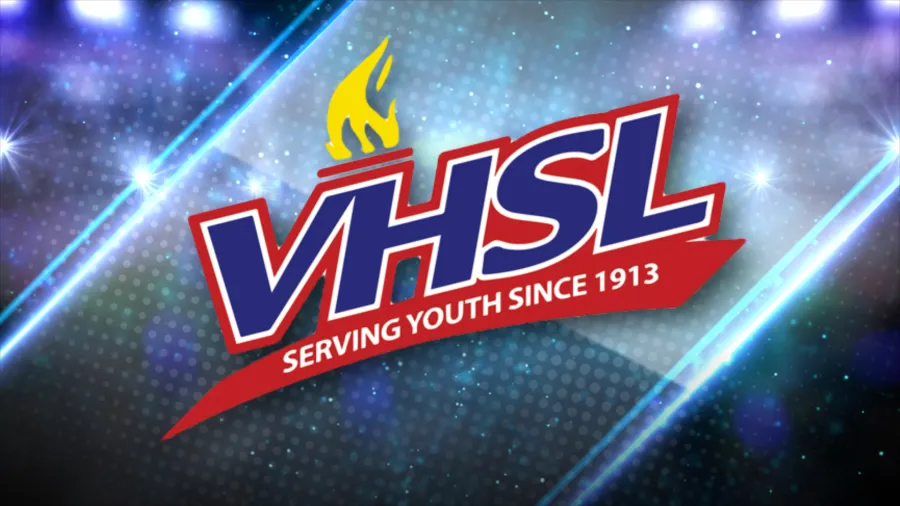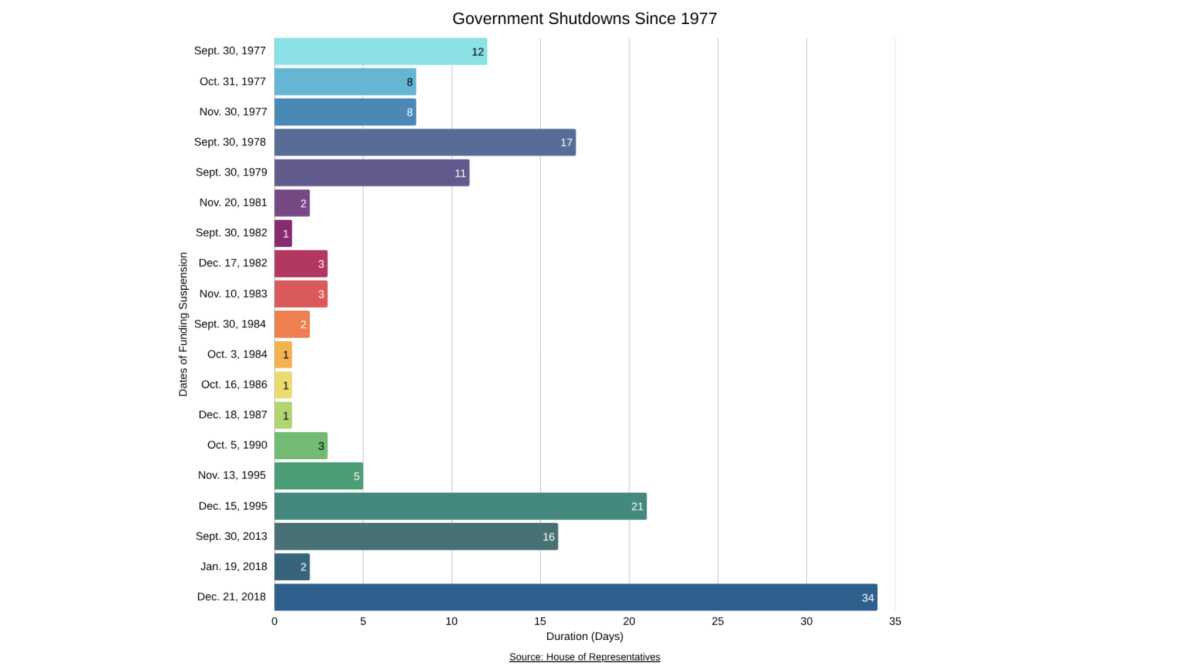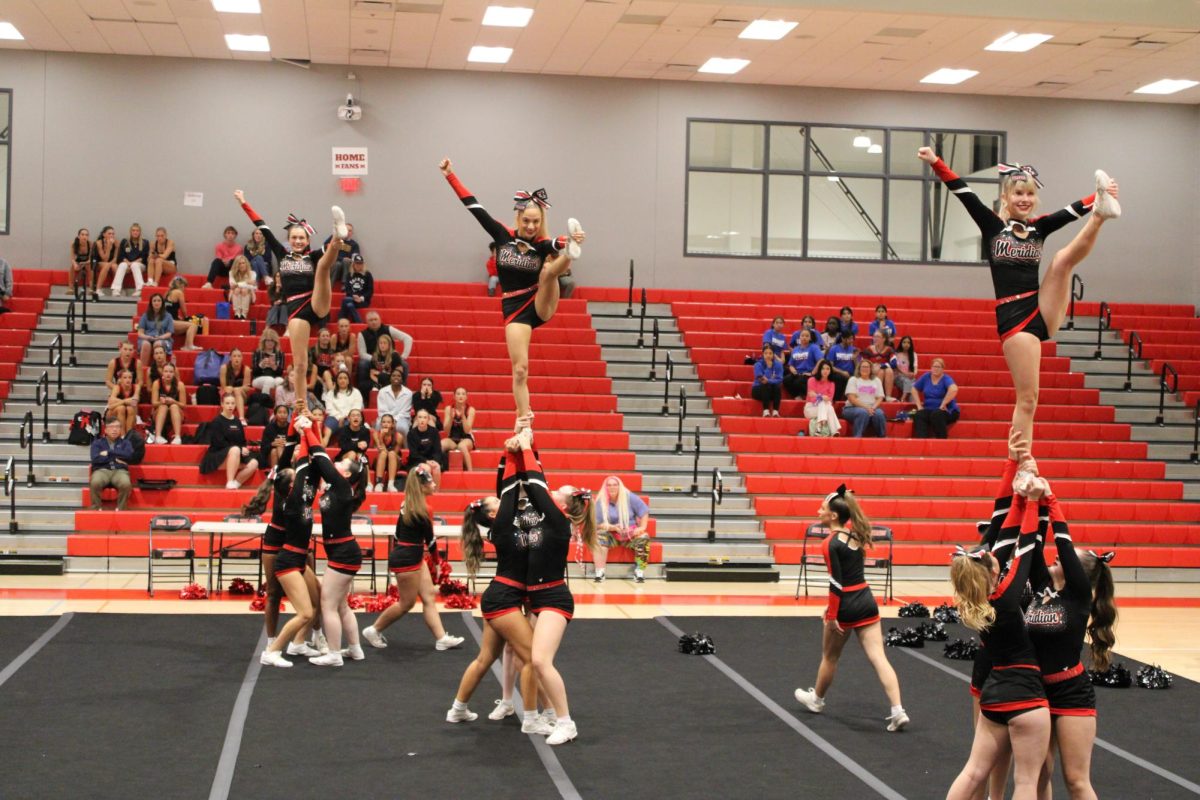The Virginia High School League (VHSL) approved a controversial new policy, banning transgender women from competing in women’s high school sports leagues. This ruling is in accordance with president Trump’s executive order proclaiming that only cisgender girls, those that were assigned female at birth, can participate in high school girls’ sports. The decision is highly contested by civil rights groups, who argue that the decision is damaging to transgender and cisgender students alike.
This decision comes after Donald Trump passed an executive order prohibiting transgender women and girls from participating in women’s sports. However, that executive order was not federal law, and did not reverse federal and state protections for transgender athletes. This decision, however, does.
The decision was first introduced in February, but was ratified on May 7, 2025.
Despite Falls Church being stereotypically liberal, Meridian students have diverse opinions on the ban.
“I feel like men playing women’s sports isn’t good because men are biologically more powerful than women. And sometimes that can be a very unfair advantage for them to have against women,” explained an anonymous junior.
There are a variety of arguments against transgender women competing in sports. Outside higher testosterone levels, many people are concerned that transgender women have larger heart sizes and higher lung capacity, as well as a leaner body mass.
There is also the concern that with transgender women competing, cisgender women will not have the same access to scholarships, as they are competing against people with a biological advantage.
This concern is shared by quite a few students, many of whom hope to find an alternative for trans athletes.
“I think they should have, like, their own separate sport, just for trans athletes,” suggested another anonymous junior.
However, there are very few transgender student athletes in the state of Virginia. Prior to this decision, transgender students had to file an appeal to play in VHSL sports leagues. Between October 2020 and December 2024, only 28 appeals were accepted. This would make the creation of an alternative league quite difficult.
Despite the small number of people this affects, the argument is part of a much larger culture war about the inclusion of trans women in women’s spaces.
Although many students believe this decision is a good thing, more are still concerned about the implications of the ban, or who think these decisions should be made on a case by case basis.
“I think that this ban is a very, very extreme way of dealing with one side of this argument… I think decisions should be made in smaller communities rather than the VHSL as a whole,” said junior Niko Kruse Lawson.
Some students have also pointed out the potentially misogynistic implications behind a lot of the rhetoric surrounding women’s sports.
“I think trans women should be treated as women,” said sophomore Graham Gallagher. “I kinda feel like saying ‘oh, if a man competes in this sport, they’ll automatically win’ is kind of sexist.”
“My mom can kick my butt… She’s so much stronger than I ever was. Simply because if you are not eating well, if you do not exercise, it does not matter. The idea that one simple hormone can completely control your entire body is rooted in transphobia and misogyny,” explained transgender junior Bailey Cash.
In addition, many transgender athletes are on hormone replacement therapy for multiple months before they begin to play.
“At my third three-month period, [testosterone] levels were super low, way lower than the average cis guy,” Cash pointed out. “If [trans athletes] are within six to nine months, and they’re doing injections, they don’t even need any [testosterone] blockers, because their [testosterone] levels should be in line with a cis woman.”
This decision comes amid a nationwide battle surrounding the treatment of transgender people, especially transgender youth.












Bailey Cash • May 18, 2025 at 10:22 PM
As an unbiased reviewer, I can say this is a wonderful article.